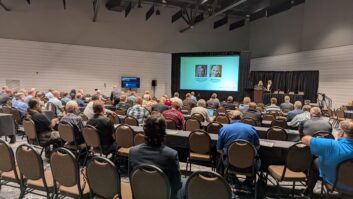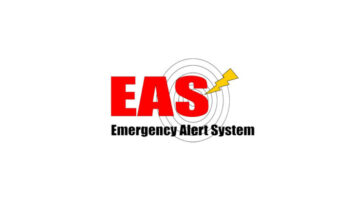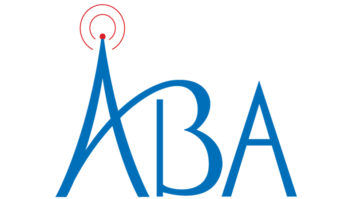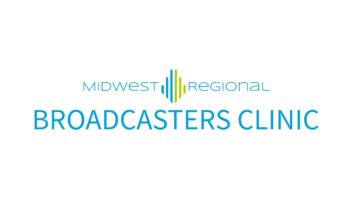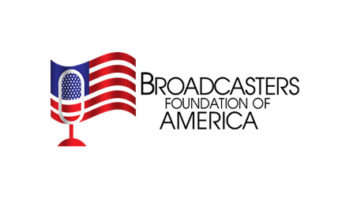 If there’s one thing broadcasters seem to agree about, it’s paperwork. They hate it. For those who may question this assertion, I offer this example: the joint comments of 82 different broadcasters and licensees.
If there’s one thing broadcasters seem to agree about, it’s paperwork. They hate it. For those who may question this assertion, I offer this example: the joint comments of 82 different broadcasters and licensees.
In an industry full of opinions, it’s rare to get so many different entities to sign on to one document, but that’s the case for the “EEO Enhancements” filed at the FCC in response to the FCC’s EEO Compliance and Enforcement Notice of Proposed Rulemaking in MB Docket No. 19-177. The joint comments were submitted July 18 by Womble Bond Dickinson attorneys John F. Garziglia and Gregg P. Skall on behalf of their clients and other broadcasters.
These broadcasters are very, very clear that they have no problem with Equality Employment Opportunity compliance or with hiring a diverse staff. Instead, the issue is the mandated mountain of paperwork that is required to comply with the FCC’s EEO rules mandate.
They are especially offended by the idea that the commission thinks a station with as few as five employees be required to fill out as much paperwork as a media company with multiple stations in one market. According to the commenters, “the proposals envision a re-allotment of the EEO paperwork and burdens” to assign the greater effort to stations more likely to have the manpower necessary to cope with it.
However, the joint comments put forth three proposals to remedy or at least ameliorate the situation while furthering the commission’s diversity goals “with pragmatism and equity.” The commenters also encouraged the FCC to not look upon these suggestions as a buffet of options, but rather as a prix fixe menu to be “served” to the broadcast community together.
[FCC Eliminates One EEO Report Filing Requirement]
Surprisingly, the commenters’ first proposal is to add a requirement! Well, they want to remove an anachronistic exemption. Simply put, the commenters want every full-time radio job vacancy to be listed on a website that gets a reasonable amount of traffic. This, they argue, will spread out the pool of potential applications through greater exposure, and thus, theoretically increase diversity. As a bonus, they say, this may help diminutive stations in smaller markets find more candidates to fill positions, as well as help people find entry level positions to launch their broadcast careers.
Next, they want to change the FCC definition of a “station employment unit” to reflect the commission’s dismissal of the main studio rule, which means stations are no longer required stations to have a physical presence at their city of license or even market. That means some big broadcasters end up documenting and filing less EEO paperwork than their much smaller counterparts.
To remedy this, the commenters say the employment unit should be changed to consider all stations — including affiliates, subsidiaries and parents — as one employment unit. Therefore, they would be required only to file one “omnibus Annual EEO Public File Report” and set of documents per broadcaster that also breaks down the individual stations, so that the same information is ultimately delivered to the FCC and the public. (Multiple reports would also be accepted, if broadcasters so choose, according to the commenters.)
[Commission Moves EEO Efforts to Enforcement Bureau]
Finally, the joint commenters also seek to change what constitutes a small station. Rather than the current five full-time employees, they are argue that the commission should update its rules to reflect the general consensus of human resources professionals. HR and other regulatory bodies typically bring the small business cap to 50 or fewer employees before more burdensome requirements kick in. Once a broadcaster has at least 50 employees, it is reasonable to assume that some type of human resources department would exist and thus be able to handle EEO reporting and documentation, rather than have the task fall to someone as part of “other duties as assigned.”
The joint commenters say that these changes would help struggling broadcasters, many of who are seeking qualified employees, not keeping people of diverse backgrounds “out of the industry through any nefarious means or even omissions.”
Regardless, the filing says the commenters want these ideas to spark “a starting point for a frank discussion of what works and what does not work in attracting a diversity of employees to our broadcasting industry.”
Read the full version of the comments here and also find out what others are telling the commission about the EEO review here.
